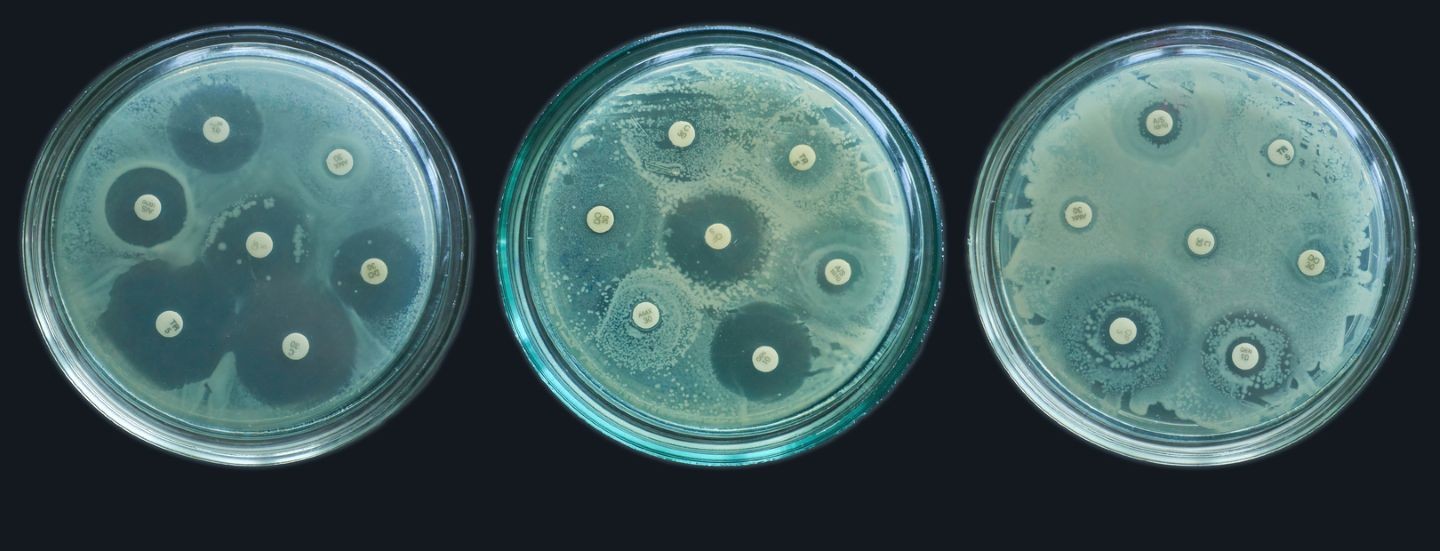
Mike Wilson | May 2025
CAR-T cell therapy is a personalised immunotherapy approach that involves the modification of T cells in a patient's immune system to target and destroy cancer cells. To date, six CAR-T cell therapies have been approved by the United States Food and Drug Administration (FDA) for the treatment of lymphoma, leukaemia and multiple myeloma. However, its application in solid tumours, such as neuroblastoma, remains an area of active research.
A recent case study highlights the potential long-term efficacy of CAR-T cell therapy in treating neuroblastoma. Neuroblastoma is a rare cancer that develops in immature nerve cells, primarily affecting children under the age of five. It is associated with high relapse rates, making long-term remission particularly challenging. The clinical trial evaluating so-called GD2 CAR-T cell therapy enrolled 19 children with neuroblastoma between 2004 and 2009. Between two months and seven years after the therapy, 12 of them passed away due to relapsed neuroblastoma. However, excitingly, one of them has remained in complete remission for over 18 years, the longest recorded case for this treatment. Notably, she has since given birth to two healthy children.
The findings from this study provide valuable insights into the potential of CAR-T cell therapy for solid tumours. Challenges clearly remain: most patients died after all. Future work must focus on improving long-term survival rates and reducing relapse. However, this case highlights the tantalising possibility of durable remission and improved quality of life for patients with neuroblastoma, and perhaps in future also for sufferers of a variety of other solid tumours1.

Mike Wilson
AVP | Medical Analytics














.png)
.png)





















.png)